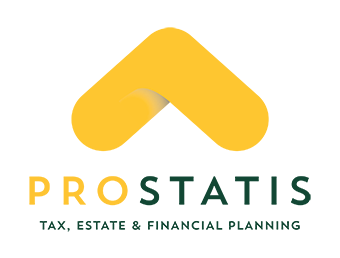For millennials, today is the right time.
If you are under 30, you have likely heard that now is the ideal time to save and invest. You know that the power of compound interest is on your side; you recognize the potential
advantages of an early start.
There is only one problem: you do not earn enough money to invest. You are barely getting by as it is.
Regardless, the saving and investing effort can still be made. Even a minimal effort could have a meaningful impact later.
Can you invest $20 a week? There are 52 weeks in a year. What would saving and investing $1,040 a year do for you at age 25? Suppose the invested assets earn 7% a year, an assumption that is not unreasonable. (The average yearly return of the S&P 500 through history is roughly 10%; during 2013-17, its average return was +13.4%.) At a 7% return and annual compounding, you end up with $14,876 after a decade in this scenario, according to Bankrate’s compound interest calculator. By year 10, your investment account is earning nearly as much annually ($939) as you are putting into it ($1,040).1,2
You certainly cannot retire on $14,876, but the early start really matters. Extending the
scenario out, say you keep investing $20 a week under the same conditions for 40 years, until age 65. As you started at age 25, you are projected to have $214,946 after 40 years, off just $41,600 in total contributions.2
This scenario needs adjustment considering a strong probability: the probability that your
account contributions will grow over time. So, assume that you have $14,876 after ten years, and then you start contributing $175 a week to the account earning 7% annually starting at age 35. By age 65, you are projected to have $1,003,159.2
Even if you stop your $20-per-week saving and investing effort entirely after 10 years at age 35, the $14,876 generated in that first decade keeps growing to $113,240 at age 65 thanks to 7% annual compounded interest.2
How do you find the money to do this? It is not so much a matter of finding it as assigning it. A budgeting app can help: you can look at your monthly cash flow and designate a small part of it for saving and investing.
Should you start an emergency savings fund first, then invest? One school of thought says that is the way to go – but rather than think either/or, think both. Put a ten or twenty (or a fifty) toward each cause, if your budget allows. As ValuePenguin notes, many deposit accounts are yielding 0.01% interest.3
It does not take much to start saving and investing for retirement. Get the ball rolling with
anything, any amount, today, for the power of compounding is there for you to harness. If you delay the effort for a decade or two, building adequate retirement savings could prove difficult.
Michael Canet may be reached at (410) 863-1040























